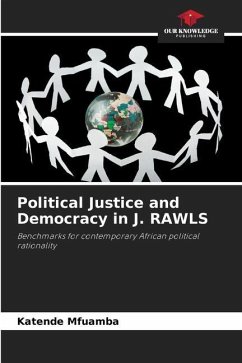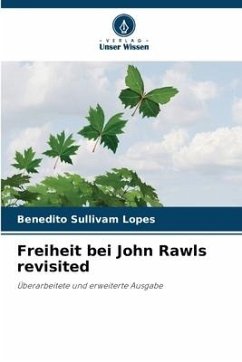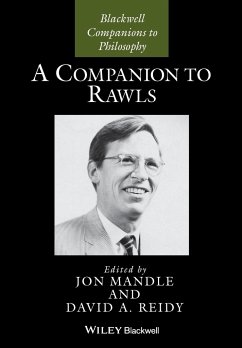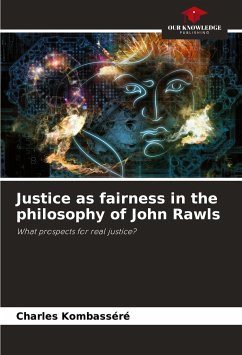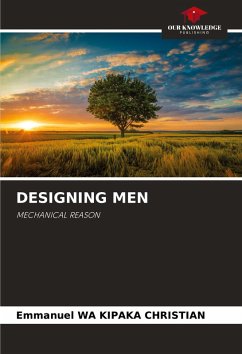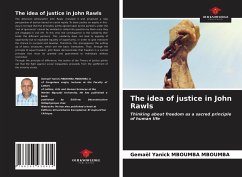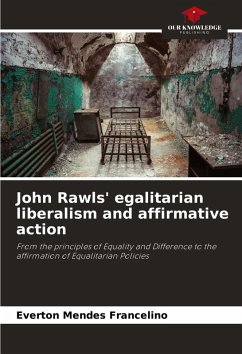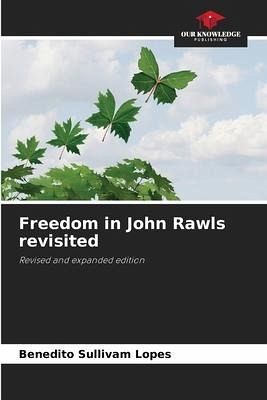
Freedom in John Rawls revisited
Revised and expanded edition
Versandkostenfrei!
Versandfertig in 6-10 Tagen
51,99 €
inkl. MwSt.

PAYBACK Punkte
26 °P sammeln!
In the pages of this book the reader of philosophy, or the reader interested in the theory of justice as equity, will find an introductory explanation of the concept of the state defended by Rawls and by his theoretical opponent Robert Nozick. A detailed explanation of classical utilitarianism and the oppositions presented by Kant and Rawls to this theory. Also an explanation of Rawlsian contractualism added to the philosopher's critique of intuitionism and his debate with McIntyre's communitarianism, advancing the discussion between these two philosophers in another topic dealing with Justice...
In the pages of this book the reader of philosophy, or the reader interested in the theory of justice as equity, will find an introductory explanation of the concept of the state defended by Rawls and by his theoretical opponent Robert Nozick. A detailed explanation of classical utilitarianism and the oppositions presented by Kant and Rawls to this theory. Also an explanation of Rawlsian contractualism added to the philosopher's critique of intuitionism and his debate with McIntyre's communitarianism, advancing the discussion between these two philosophers in another topic dealing with Justice as a virtue. This is, therefore, a revised and expanded edition that aims to present a deep introduction to the philosophy of John Rawls. More precisely, this book seeks to bring the reader an explanation of the concept of freedom developed by the American philosopher in his theory of justice as equity, entangled by key concepts such as Autonomy of the individual, Rationality and Reasonableness. We bring in these pages a sharp explanation of the Rawlsian principles of justice, among other concepts. We hope that the reader can have a clear access to Rawls' theory.





